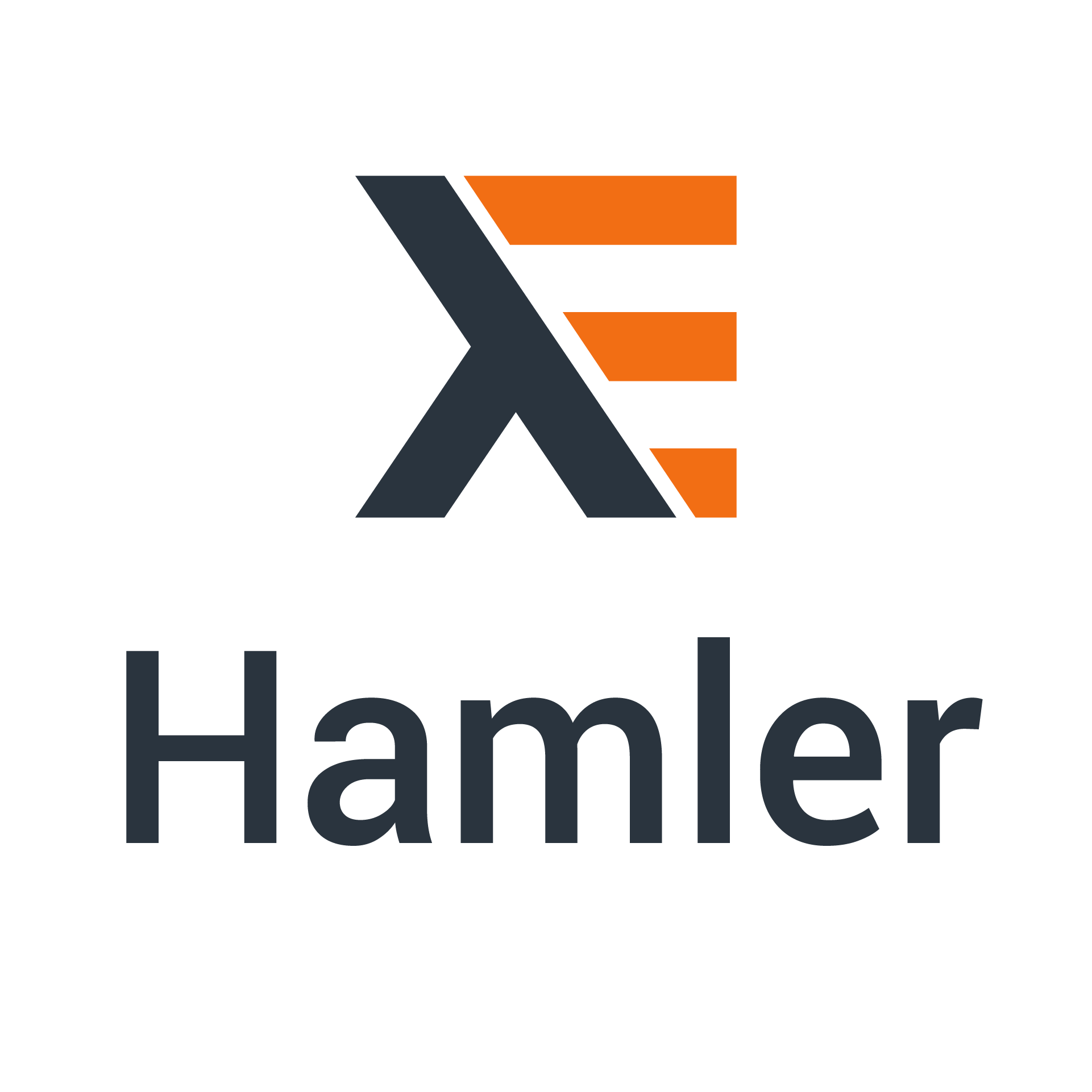

Advancements in NLP systems like IBM Watson have made it so that chatbots are popping up all over the place. We are now able to solve problems that were scarcely thinkable a few years ago. Year-on-year there are more and more discoveries in AI research. and this doesn’t seem to be particularly controversial. But first, let’s get an idea of where AI is being used, and why it’s so important. My ultimate goal is to prove that it’s the best tool for these kinds of systems. That’s hardly going to move the needle or change the status quo. So I'll go through the core concepts of this library and show their usage in Haskell.īut for me it’s not enough to show that we can use Haskell for AI applications.

There are many tutorials in Python, but the Haskell library is still in early stages. Tensor Flow allows programmers to build simple but powerful applications. In the coming weeks I’ll be focusing on using the Tensor Flow bindings for Haskell. This will be the first in a series of articles where I explore the uses of Haskell in writing AI applications. In short, we are about the enter the AI Native Future, as my company’s founder put it. But we will soon be living in age when all major software systems will use AI and machine learning at their core. The last 5-10 years have seen the rise of “cloud native” architectures and systems. AI is slowly (or not so slowly) becoming a primary concern for pretty much any software based business. This is of course, the world of AI and machine learning. But there’s still one vital area in the future of programming that I have yet to address. I could also point to the excellent mechanisms for designing front-end UIs. Now, I can sit here and point the ease of creating web servers in Haskell. The best rebuttal to this point is to show the many uses of Haskell in creating systems that people use every day. They see it as unsuited towards “Real World” problems. This stems from the idea that Haskell is an academic language. Many perfectly smart people also have a bias against using Haskell in production code for a business. As a result, fewer other developers will have the opportunity to get paid to learn Haskell. Companies are reluctant to try Haskell since there aren't that many Haskell developers. I've mentioned network effects as a major hindrance a couple different times. I’m interested in ways we can shape the future of programming in a way that will help Haskell grow.

As regular readers of this blog know, I love talking about the future of Haskell as a language.


 0 kommentar(er)
0 kommentar(er)
